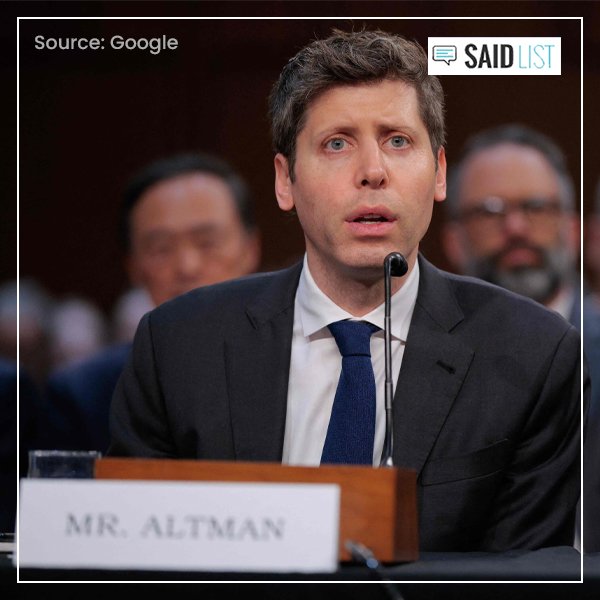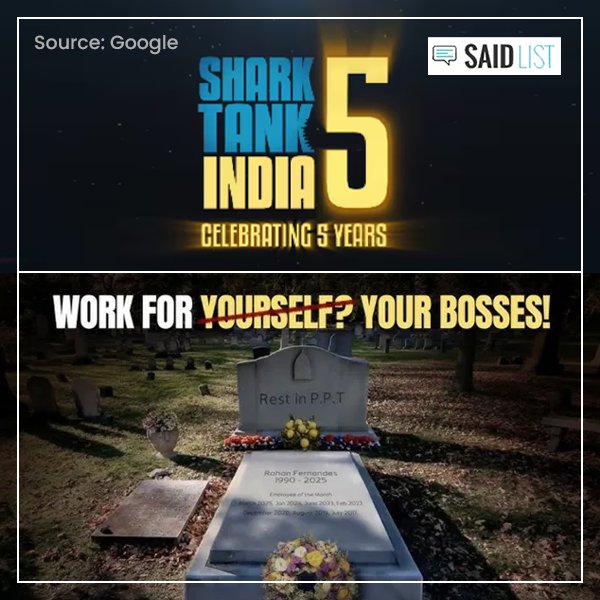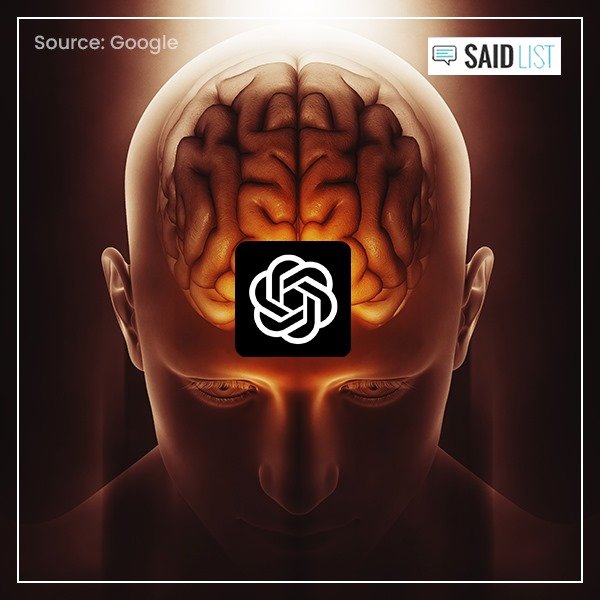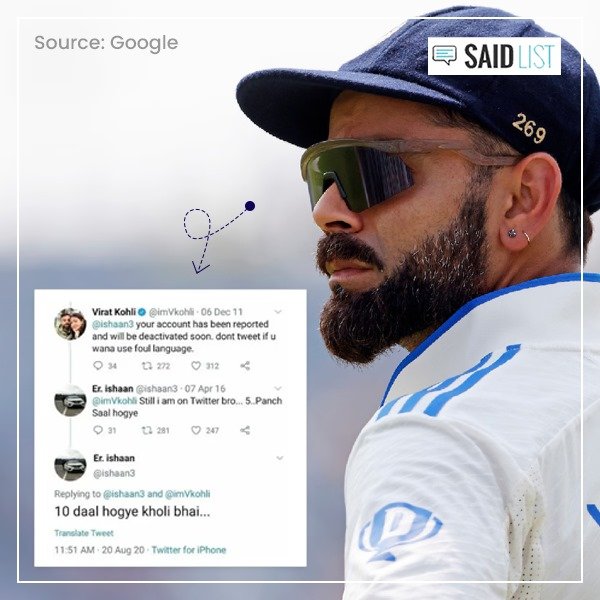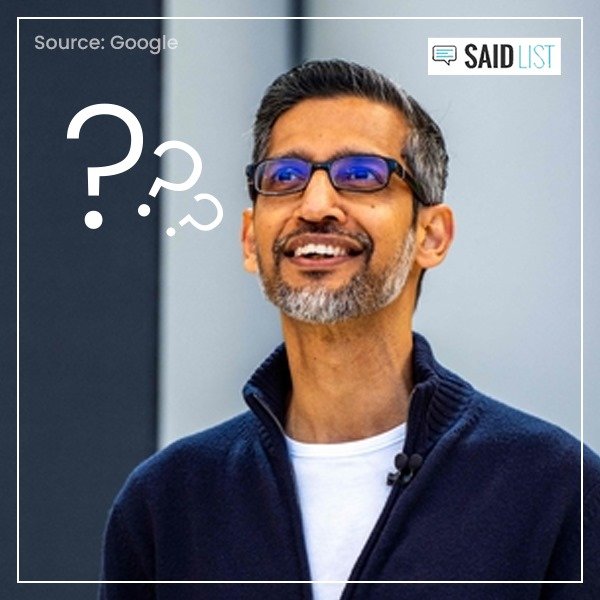The job market has long been a source of stress for job seekers, but a recent viral TikTok video highlighted the struggles faced by Generation Z applicants. A young woman named Alejandra, who goes by @fungalmicrobe on TikTok, shared her emotional experience of being denied a job due to what she believed was age bias. In this article, we will explore Alejandra’s story and the broader issue of age discrimination in hiring, specifically the challenges Gen Z faces in today’s job market.
Gen Z Job Seeker’s Emotional Experience
Alejandra’s TikTok video quickly gained attention as she emotionally described her experience with a hiring manager who rejected her for a position. The rejection was attributed to several factors, including her lack of a five-year plan and her openness about personal information, such as her social media use and medical conditions. Alejandra claimed that the hiring manager, a Generation X individual, explicitly told her that her age played a role in the decision.
In her video, Alejandra expressed frustration, saying, “If you’re wondering what the job market looks like right now, look no further than my swollen eyelids. That’s been making me cry for the better part of the last five hours.” She had felt confident about her chances with the company, especially since she had previously worked with the same team and thought they liked her. After not hearing back for some time, she ran into the hiring manager in an elevator, where she learned the position had been filled.
Gen Z and Age Bias: Hiring Challenges
Alejandra’s story highlights a disturbing trend of age bias against Generation Z in the job market. In her conversation with the hiring manager, she learned that the reason she wasn’t selected was not due to a lack of skills or qualifications but because of her generational identity. The hiring manager expressed concern about her openness during the interview and, most notably, her lack of a five-year plan. The manager suggested that this was “a Gen Z problem” and a sign of her “inability to commit.”
This interaction is a clear example of how negative stereotypes about Generation Z are affecting their job prospects. Many older generations perceive Generation Z as entitled, uncommitted, or lacking long-term goals. Unfortunately, these stereotypes are shaping hiring decisions, and Generation Z is being unfairly judged based on their age rather than their capabilities or potential.
The Reputation of Gen Z
The hiring manager’s comments about commitment and perception are reflective of broader misconceptions about Gen Z in the workplace. Many in Gen Z prefer flexibility and adaptability in their careers rather than rigid five-year plans. The idea of long-term commitment to one job is increasingly less appealing to younger workers who prioritize work-life balance, career growth, and mental well-being.
However, these preferences often clash with traditional views held by older generations, particularly in the corporate world. Employers, especially those from Gen X, may see the lack of a detailed career plan as a red flag, associating it with instability or lack of dedication. Unfortunately, this bias can lead to missed opportunities for both employers and job seekers. Gen Z brings fresh perspectives, tech-savviness, and adaptability—skills that are crucial for businesses in the digital age.
A Growing Trend: Age Bias in the Hiring Process
Alejandra’s experience is not an isolated case. A survey conducted by Resume Builder, which polled 1,000 hiring managers in March, revealed that age bias is prevalent in the hiring process. The survey found that 42% of hiring managers take age into account when reviewing resumes, while 38% admitted to harboring age biases when evaluating applicants. This means that many employers may be rejecting qualified candidates simply because of their age or generational identity.
The impact of this age bias is significant, especially for younger generations like Gen Z, who are entering the workforce with a different set of values, priorities, and expectations. Many Gen Z job seekers find themselves at a disadvantage because of generational stereotypes, which can hinder their ability to find meaningful employment opportunities.
How Gen Z Can Overcome Stereotypes in the Job Market
While it’s unfortunate that age bias exists, there are steps Gen Z job seekers can take to improve their chances in the competitive job market. First, it’s important for Gen Z applicants to highlight their unique strengths, such as adaptability, tech expertise, and ability to thrive in collaborative environments. Employers are increasingly looking for employees who can navigate the fast-paced, constantly evolving digital landscape, and Gen Z is well-positioned to meet these demands.
Additionally, Gen Z job seekers should be proactive in addressing potential concerns about their commitment during interviews. While some employers may have doubts about a candidate’s long-term dedication, applicants can emphasize their interest in growth, their willingness to learn, and their desire for opportunities that align with their personal values. This approach can help shift the focus away from generational stereotypes and highlight the positive attributes Gen Z brings to the workplace.
The Need for Change in the Hiring Process
Alejandra’s emotional TikTok video serves as a wake-up call for employers to reconsider their hiring practices and the biases that may be influencing their decisions. Gen Z, like every generation before them, has a lot to offer in terms of creativity, work ethic, and dedication. It’s important for employers to look beyond age and focus on the individual’s potential, skills, and fit for the role.
Moreover, employers must recognize that the job market is evolving, and the preferences of younger generations are shaping the future of work. The traditional expectation of having a five-year plan may no longer be relevant to many job seekers, particularly those in Gen Z. As the workplace becomes more flexible and dynamic, employers must adapt their hiring practices to reflect these changes.
Conclusion
Alejandra’s experience sheds light on the challenges faced by Gen Z job seekers, particularly the age biases that affect their job prospects. While stereotypes about commitment and career planning continue to influence hiring decisions, it’s important to remember that these biases are not reflective of the abilities or potential of young candidates. Gen Z brings valuable skills to the workforce, and it’s crucial that employers recognize and embrace their contributions. By doing so, they can help build a more inclusive and diverse workforce that reflects the realities of the modern job market.
Explore this link to read more about Gen Z employees and their unique workplace traits. Gen Z’s Bold Approach to Leave Requests Sparks Online Debate | Said List




